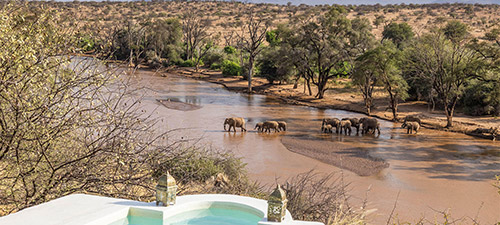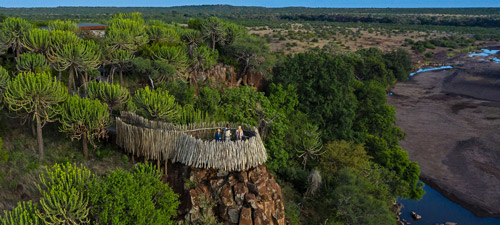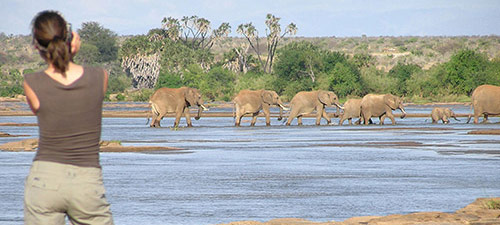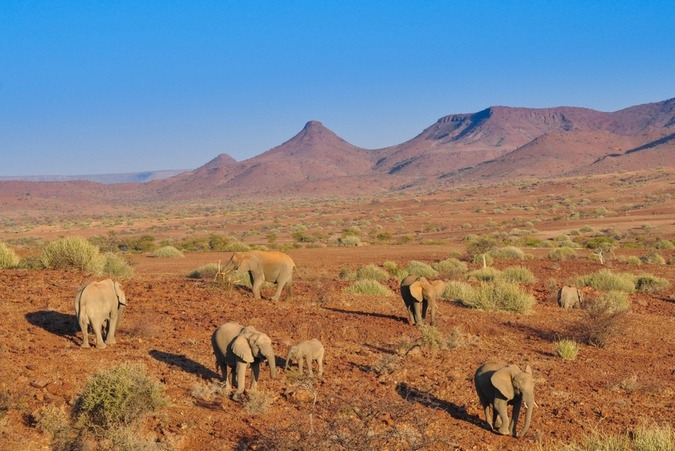
Press release by NEAT – Namibian Environmental Awareness Training
Namibian Environmental Awareness Training (NEAT) has just launched a three-month research project in the Kunene region in northwest Namibia to understand the relationship and interactions between rural communities and the regions’ iconic nature and wildlife. This study will allow NEAT to develop tailored environmental education programmes for schools and communities, to empower them to actively engage in and benefit from nature conservation.
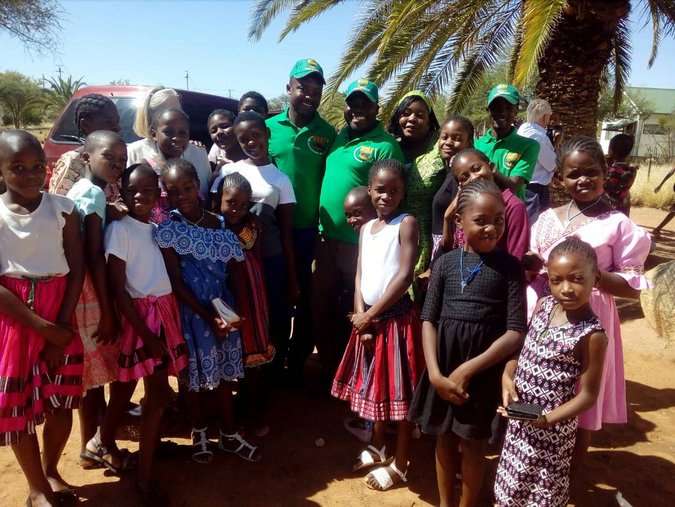
The Kunene region is one of Namibia’s last wildernesses and home to rare desert-adapted elephants, rhinos and lions, as well as numerous other endangered species.
Himba, Herero, Damara, San people and many other indigenous communities also live in the region, often in remote villages and in direct contact with nature and wild animals.
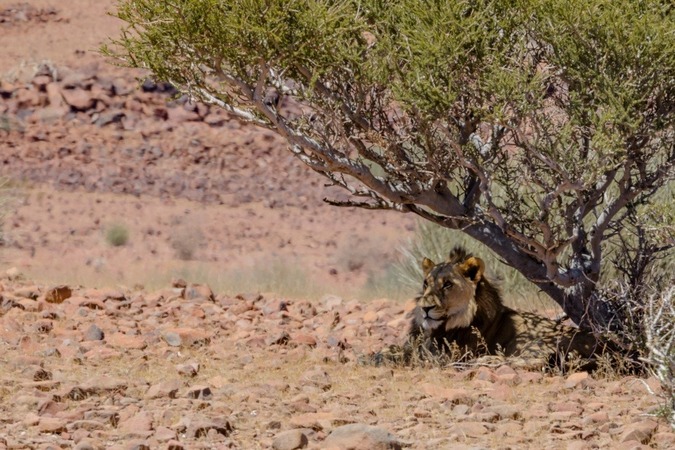
Rural livelihoods often depend on natural resources and are affected by human-wildlife conflict or environmental disasters such as droughts. Wildlife populations are also under pressure, facing threats from habitat loss and illegal poaching.
NEAT’s research and education programme will address these issues together, recognising that human prosperity and biodiversity conservation are inextricably linked.
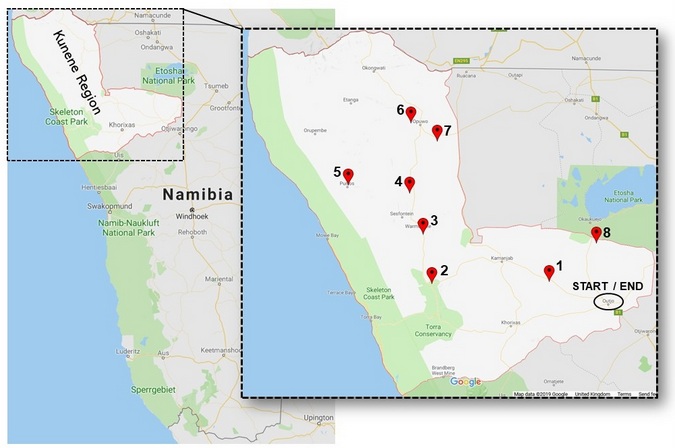
NEAT started the research study on Sunday, 3rd March 2019. Over the coming three months, a team of four conservationists and educators will visit eight different communities from across the entire Kunene region and interview adults, children and school teachers. Two experienced UK-based scientists will assist with data analysis. The results will be shared with Namibian school directors and the Minister of Education, who have already expressed their interest in this study.
The project is led by NEAT founder Steven Maseka, an award-winning Namibian environmentalist who previously worked in Namibia’s world-renowned Community-Based Natural Resources Management programme and featured in the 2018 BBC documentary Pangolins – The World’s Most Wanted Animal.
The first phase of the project is supported by crowdfunding, and you can help immensely by donating here.
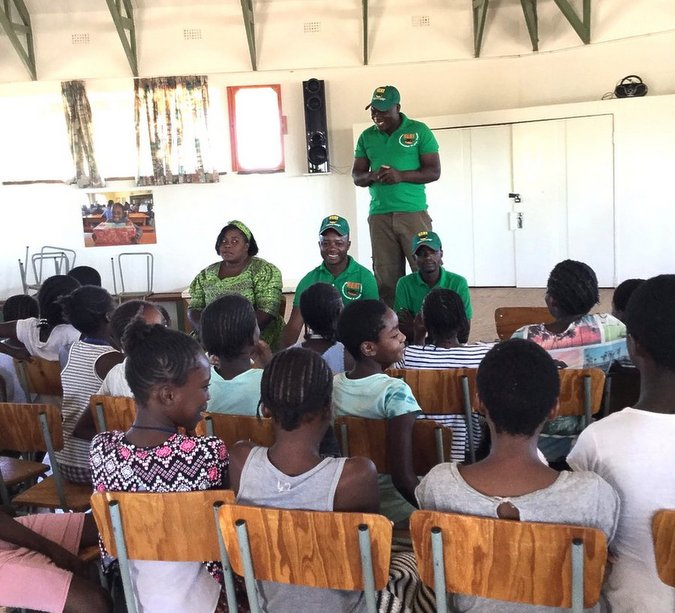
To comment on this story: Login (or sign up) to our app here - it's a troll-free safe place 🙂.![]()



